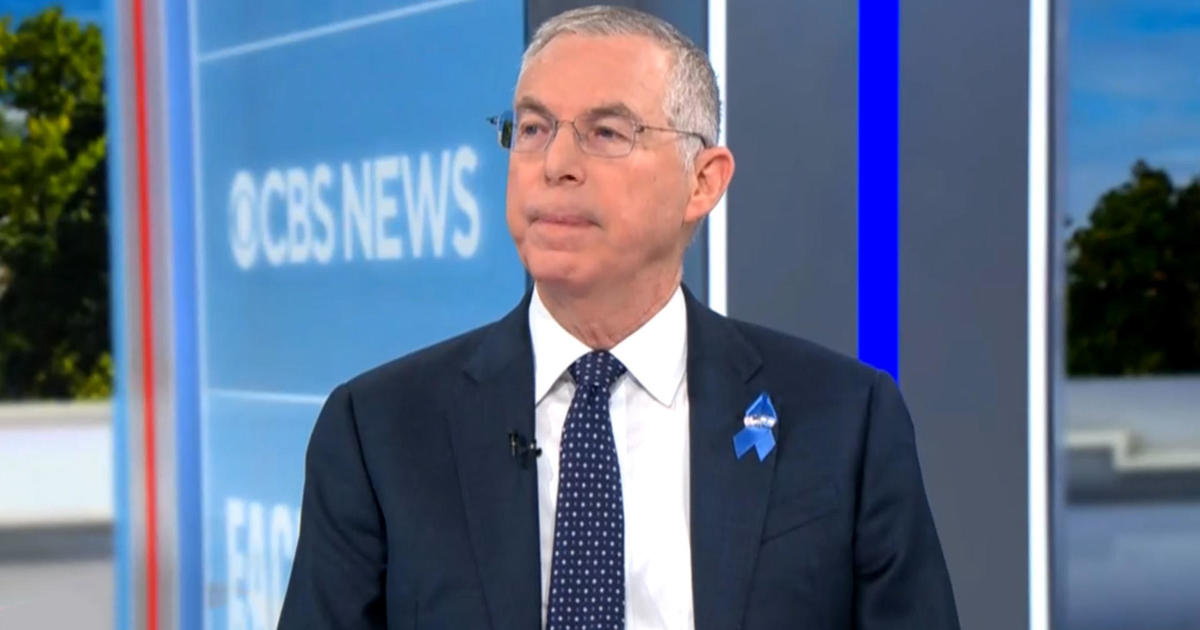The Israeli ambassador to the U.S., Michael Herzog, spoke out on Sunday about the recent exchange of fire between Israel and the Hezbollah militant group, stating that he believes the success of their operation prevented an escalation to a major war. The Israel Defense Forces conducted a preemptive strike in southern Lebanon, which they claimed prevented a larger attack. In retaliation, Hezbollah fired more than 300 missiles and drones into Israeli territory, resulting in the death of three Hezbollah fighters and one Israeli soldier.
The ongoing conflict between Israel and Hezbollah has been a cause for concern, with both sides engaging in retaliatory strikes and escalating tensions in the region. The exchange of fire on Sunday marked a significant escalation in the conflict, with the potential to trigger a broader regional war. However, Herzog expressed hope for a diplomatic resolution to the conflict, stating that Israel still seeks a settlement with Hezbollah in southern Lebanon.
Despite the tensions, Herzog believes that a direct attack by Iran on Israel can be avoided, citing deterrence messages from Israel and the U.S. as a key factor in preventing such an attack. While the U.S. did not participate in the recent strike against Hezbollah, senior U.S. officials have been in communication with Israeli counterparts to address the situation. General CQ Brown, the highest-ranking military officer in the nation, is currently in the Middle East and is expected to arrive in Israel to assess the situation.
Multiple sources in the region have indicated that efforts are underway to de-escalate the conflict, with the U.S., Qatar, Israel, and other relevant actors sending messages to Hezbollah and Iran to prevent further escalation. The Qatari Prime Minister is scheduled to travel to Tehran to brief Iranian leaders on the diplomatic efforts regarding Gaza and to discourage any potential Iranian attack on Israel.
Herzog emphasized the importance of maintaining control in the region, noting the strong U.S. posture and deterrence measures that have been effective in preventing further escalation. While Israel does not seek war, Herzog acknowledged the risk of miscalculation and the need for continued diplomatic efforts to resolve the conflict peacefully.
The Biden administration has been working to prevent a wider regional war since the attack by Hamas on Israel in October, with ongoing hostage and ceasefire talks in Cairo. Despite constructive talks in Egypt, expectations for an immediate ceasefire remain low. Herzog reiterated that Israel is coordinating closely with the U.S. administration and is waiting for Hamas to demonstrate a willingness to engage in the peace process.
Overall, the situation in the region remains tense, with the potential for further escalation if diplomatic efforts are not successful. The involvement of key players such as the U.S., Israel, and Qatar is crucial in preventing a broader conflict and ensuring stability in the region. As the situation continues to unfold, all parties involved are working towards a peaceful resolution to the ongoing conflict between Israel and Hezbollah.









